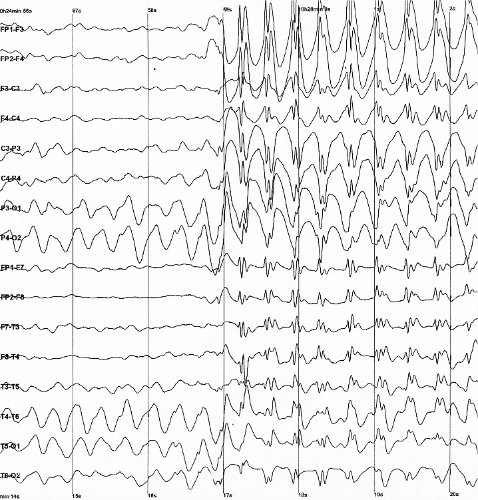The Hidden Dangers of Topical Steroid Abuse: A Growing Mental Health Crisis

In recent years, dermatologists have observed a troubling increase in mental health issues among young individuals linked to the misuse of topical steroid creams. This rise was exemplified by a case at the ESIC Model Hospital in Bengaluru, where a 22-year-old woman presented with suicidal thoughts. Initially, doctors suspected a psychiatric condition, but further investigation revealed that her skincare routine, specifically the unsupervised use of a topical steroid cream, was the primary trigger behind her mental health crisis.
The woman had been using the cream, which she purchased over the counter, to treat mild pigmentation without a physician's guidance. Doctors discovered that this continuous application disrupted her hormonal balance, leading to severe withdrawal symptoms when she abruptly stopped using the cream, including anxiety, emotional instability, and mood swings. These symptoms, according to Dr. Girish MS, Senior Specialist and Head of Dermatology at ESIC Model Hospital, were directly linked to the neurochemical effects of long-term steroid misuse.
The phenomenon of topical steroid abuse has emerged as a significant health concern, especially among individuals aged 18 to 25. Influenced by social media beauty trends and recommendations from self-proclaimed skincare influencers, many are applying these potent creams without understanding their potential side effects. Dr. Rashmi Sriram, Consultant Dermatologist at Fortis Hospital, noted that patients often come in after months of using over-the-counter products suggested by influencers, unaware that these creams may contain strong steroids that can lead to both physical and emotional trauma.
Topical steroids, such as hydrocortisone, betamethasone, or clobetasol, are meant for short-term use under medical supervision. They can effectively reduce inflammation and treat conditions like eczema or dermatitis. However, when misused, these creams can disrupt the skin's natural barrier, leading to a condition known as Topical Steroid Dependent Face (TSDF). Dr. Girish emphasized that once the skin becomes accustomed to these steroids, withdrawal can cause painful symptoms, including redness, burning, itching, and severe flare-ups, trapping patients in a vicious cycle of dependency.
The emotional ramifications of steroid misuse extend far beyond the skin. Prolonged use can lead to significant mood disturbances, including anxiety and depression. According to Dr. Girish, even minor changes in appearance can trigger overwhelming fear and panic among affected individuals. Many patients report losing sleep and feeling trapped in a cycle of worry and shame, escalating their mental health crises.
Moreover, the improper use of these creams can mask underlying skin conditions, leading to a temporary improvement in appearance while failing to address root causes. In severe cases, misuse may result in systemic absorption of the steroid, potentially causing serious hormonal disorders such as Cushing’s syndrome, characterized by weight gain and mood swings.
The rise of the DIY skincare trend promoted on social media platforms like Instagram and YouTube has exacerbated the issue. Individuals often select creams based on viral posts without verifying their constituents or suitability for their skin types. This trend of seeking instant results can lead to detrimental health consequences.
To help individuals identify potential steroid-containing creams, dermatologists recommend looking for ingredients ending in “-ate”, such as betamethasone dipropionate or clobetasol propionate. Common topical steroids include hydrocortisone, triamcinolone, and mometasone. It is crucial to consult a dermatologist if increased redness, burning, or dependency on such creams is noticed, as discontinuing them abruptly may worsen symptoms.
As doctors continue to encounter cases of emotional and physical harm stemming from the misuse of topical steroids, awareness and education around the safe use of skincare products have become paramount. Health professionals urge consumers to seek professional advice before using any potent topical treatments, highlighting the importance of understanding the implications of such products on both physical and mental health.
Advertisement
Tags
Advertisement





